Latest News

The UAB Department of Urology has launched the Genitourinary Reconstruction and Prosthetics Fellowship, a one-year, high-volume clinical fellowship designed to provide in-depth training in complex reconstructive urology. The fellowship is accredited through the Society of Genitourinary Reconstructive Surgeons.

The UAB Department of Psychiatry and Behavioral Neurobiology recently welcomed Gagandeep Bhatia, MBBS, as an assistant professor in September 2025.
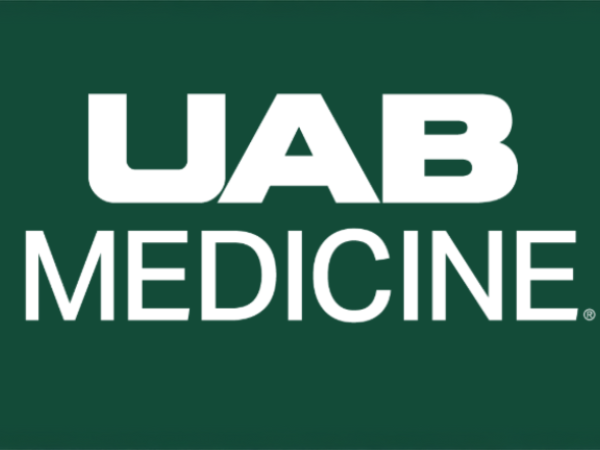
The Medical Education Committee (MEC) is charged with performing a review of each course and clerkship every four years. This ensures that medical education program quality is maintained and enhanced and that medical students achieve program objectives and participate in required clinical experiences and settings. During their fourth year, students take required acting internships, as well as their electives. The MEC Clinical Subcommittee, chaired by Dr. Stefanie Woodard, recently completed a review of the Acting Internships (AI) across UAB’s campuses, focusing on Internal Medicine, Ambulatory Care, Critical Care, Surgery, and OB. The review aimed to assess the quality, consistency, and effectiveness of clinical education for fourth-year medical students.
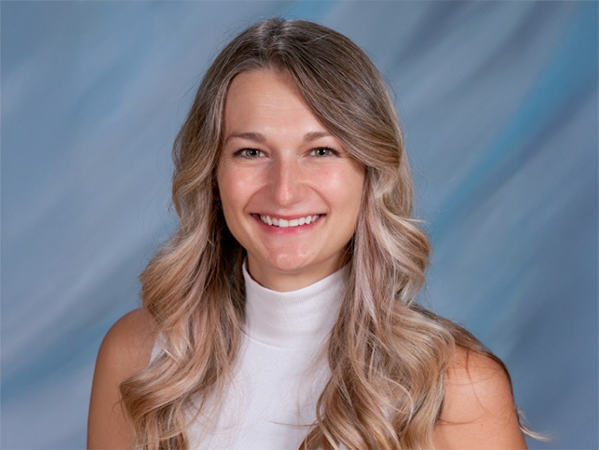
The University of Alabama at Birmingham Department of Neurosurgery is pleased to welcome Morgan Dew, MSN, CPNP, as a pediatric advanced practice provider (APP).
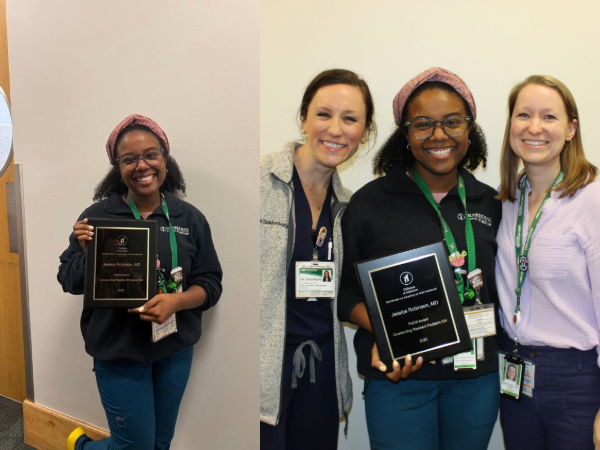
The University of Alabama at Birmingham Department of Pediatrics is proud to announce that Jessica Robinson, M.D., PGY-2 resident in the Department of Pediatrics, has been recognized at the Rutherford Polhill Memorial Grand Rounds with the Rud Polhill Award for Outstanding Resident in Pediatric Emergency Medicine.

The American Academy of Otolaryngology-Head and Neck Surgery Foundation (AAO-HNSF) 2025 Annual Meeting and OTO EXPO is Saturday, Oct. 11, to Tuesday, Oct. 14 at the Indiana Convention Center and JW Marriott Indianapolis Hotel in Indianapolis, Indiana.
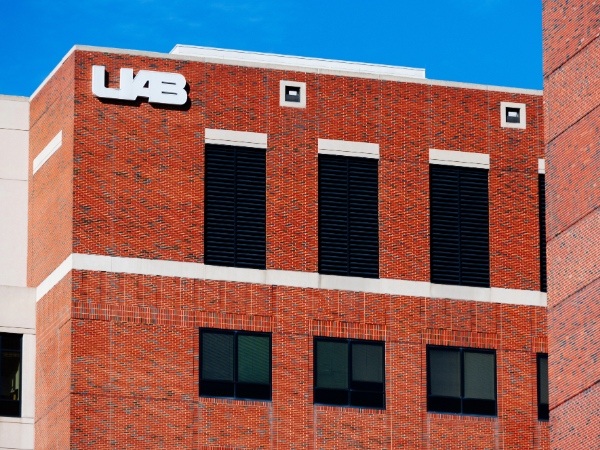
The UAB Department of Surgery is proud to announce the recent promotion of ten faculty members.
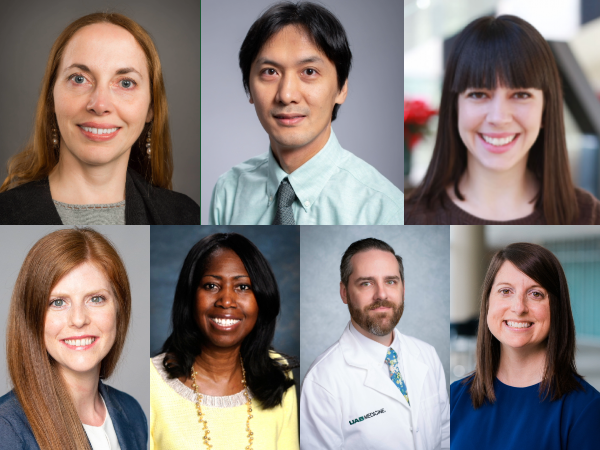
Eight faculty members in the UAB Department of Psychiatry and Behavioral Neurobiology have received promotions effective Oct. 1, 2025.
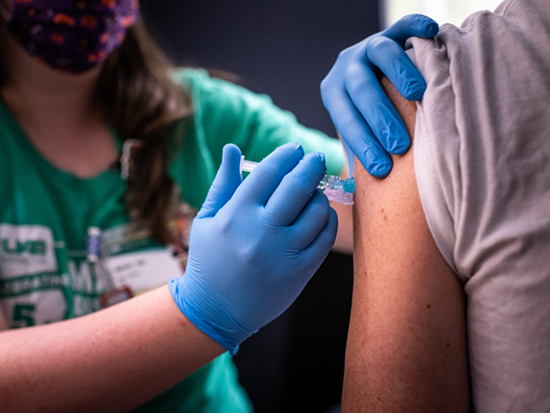
As cold weather approaches, respiratory illnesses such as influenza (flu), respiratory syncytial virus (RSV), and whooping cough become more common, increasing risks for pregnant patients and healthcare providers.
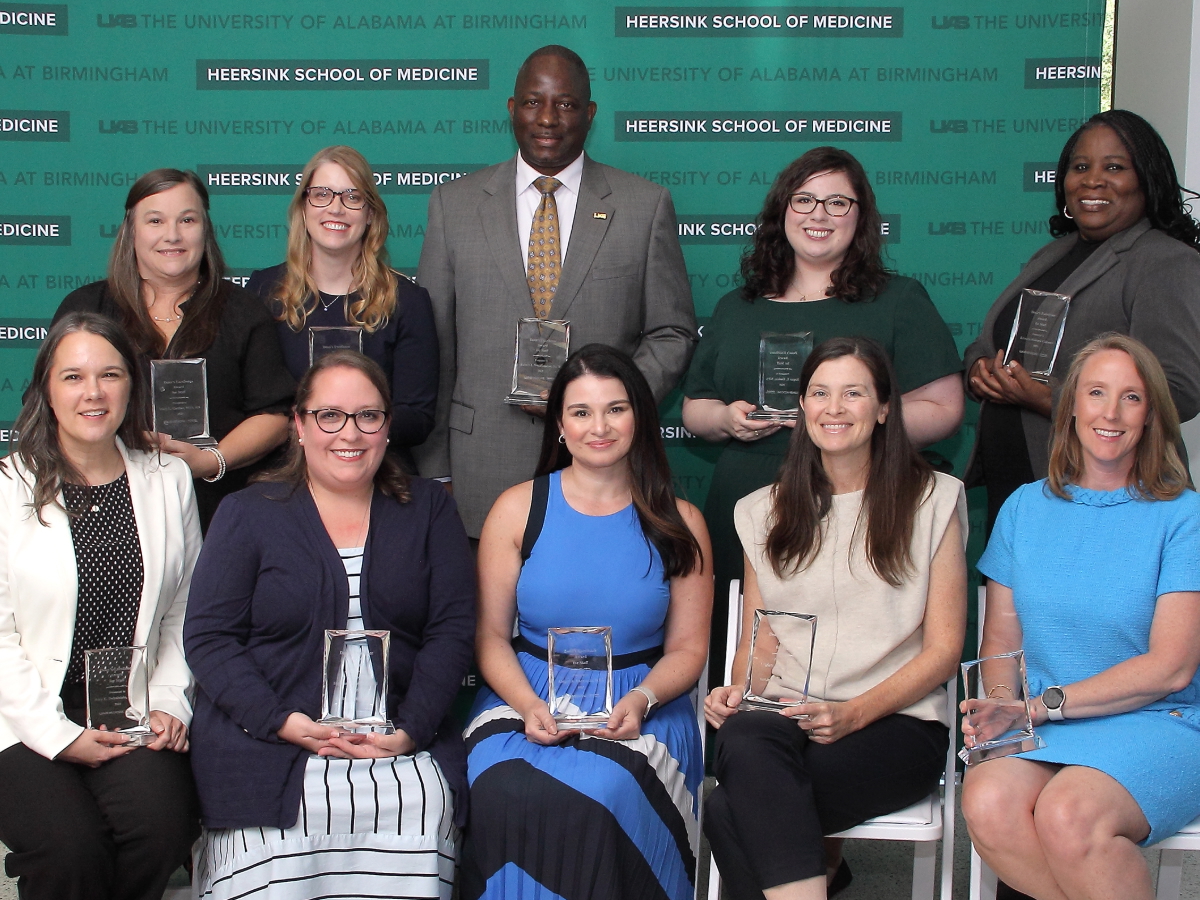
Ten Heersink School of Medicine staff have been honored with the 2025 Dean’s Excellence Awards. Now in its third year, the Dean’s Excellence Awards for Staff recognize individuals who have made significant and meaningful contributions to the school’s mission through their work in education, service, and research.

The University of Alabama at Birmingham Department of Pediatrics is proud to announce that Chibuzo Ilonze, M.D., MPH, assistant professor in the Division of Pediatric Hematology/Oncology, has been selected to serve as an ambassador for the American Society of Hematology (ASH).
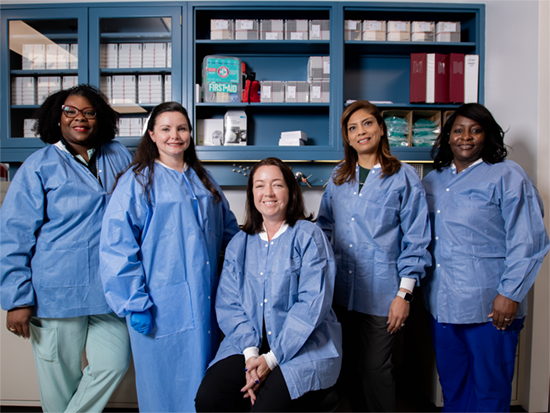
Since 2019, the UAB OB/GYN Research and Diagnostic Laboratory, led by Akila Subramaniam, M.D., MPH, associate professor in the Department of Obstetrics and Gynecology and Maternal-Fetal Medicine division director, has actively participated in UAB’s Green Labs Program, reducing environmental impact while maintaining research excellence.

UAB’s Wound, Ostomy, and Continence (WOC) team was recently featured on a podcast for WOC teams nationwide.
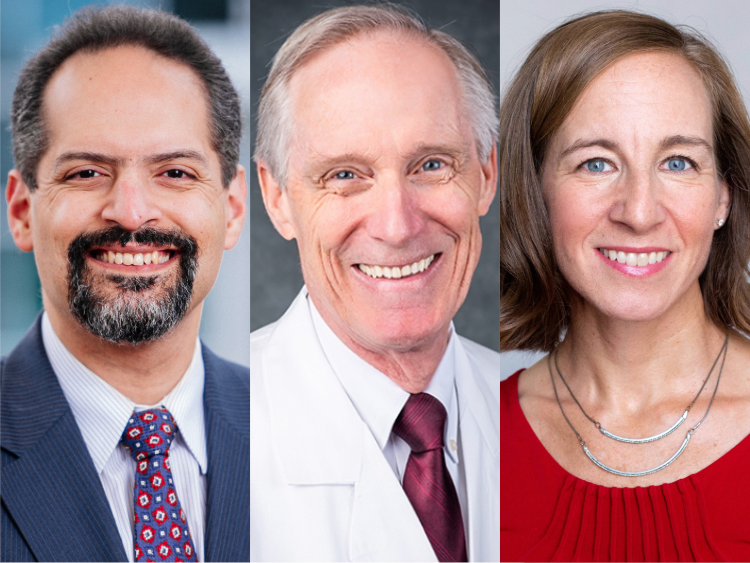
Since its inception, the Health Services Foundation General Endowment Fund (HSF-GEF) has played a pivotal role in advancing UAB’s mission of excellence in research, clinical care, and medical education. Established to support institutional initiatives that often fall outside traditional funding mechanisms, the HSF-GEF has become a cornerstone for building cutting-edge capacities within the academic health center. The program empowers faculty innovation, fosters interdisciplinary collaboration, and ensures UAB remains at the forefront of medical advancement.
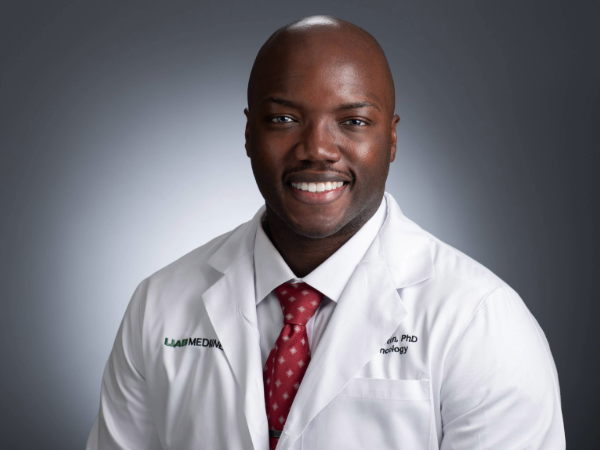
Brien Washington, Ph.D., joined the UAB Department of Radiation Oncology as an assistant professor in August 2025.
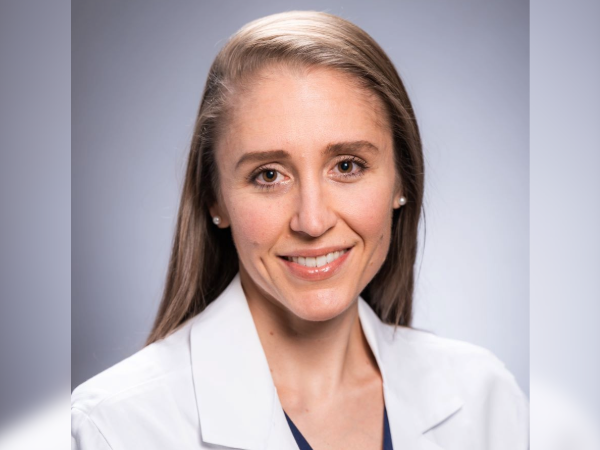
Early detection of breast cancer saves lives. Yet myths and misconceptions often prevent people from getting the screenings they need. Stefanie Woodard, D.O., associate professor and chief of breast imaging in the Department of Radiology, helps separate facts from fiction.

The UAB Medical Scientist Training Program (MSTP) hosted the Southeastern Medical Scientist Symposium (SEMSS) on September 27-28 at the UAB Marnix E. Heersink Institute for Biomedical Innovation. SEMSS is a student-run conference designed to bring together both current and aspiring physician-scientists from around the southeastern United States and beyond to share research and build community.

Jennifer Lockman, Ph.D., assistant professor in the Department of Psychiatry and Behavioral Neurobiology and the leader of the Suicide Prevention and Recovery in Healthcare initiative at UAB, said that more healthcare providers at all levels of care at UAB are being trained on best practices to establish a recovery culture in suicide care.

Finding your way in academic medicine can feel like a puzzle, with many pieces competing for attention. Daniel Chu, M.D., Division Director of Gastrointestinal Surgery at UAB, has identified ten “threads” that, when woven together, provide guidance and structure. At the September Heersink Faculty Leadership Seminar, he shared practical advice on using these threads to build a successful career.

The UAB Department of Surgery is proud to spotlight the exceptional research accomplishments of our faculty, trainees and research staff.

About half of Americans between 45 and 84 have atherosclerosis without knowing it. Diseases linked to atherosclerosis are the leading cause of death in the United States. The condition develops when fats, cholesterol and other substances form plaque in the arteries. As plaque builds, arteries narrow and block blood flow, or can burst, which may lead to blood clotting. The initiation and progression of atherosclerosis are largely driven by genetic and environmental risk factors, but in between, how epigenetic regulation contributes to this pathogenesis remains largely unknown.

The 9th Annual Birmingham Ride to Eradicate Parkinson’s, part of the Team Rowland Road Series, will be Saturday, Oct. 4 at Oak Mountain State Park. This event, in conjunction with the Par Fore Parkinson’s golf tournament Oct. 3, benefits the Michael J. Fox Foundation for Parkinson’s Research and the Parkinson Association of Alabama.
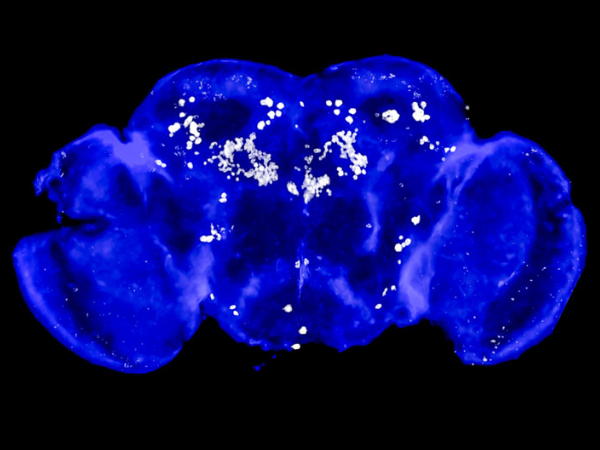
UAB Department of Surgery Professor and Vice Chair of Basic Research Aurelio Galli, Ph.D., D.Sc., and UAB Division of Surgical Oncology Assistant Professor Angela Carter, Ph.D., along with their research team, were featured on the cover of Science Signaling and in ScienceAdvisor.
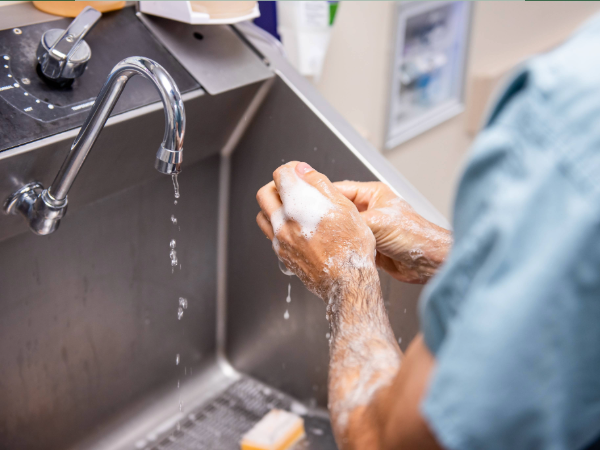
The UAB Cardiovascular Institute (CVI) has been awarded its third consecutive three-star rating in the Society for Vascular Surgery’s Vascular Quality Initiative (SVS VQI) during its annual evaluation.
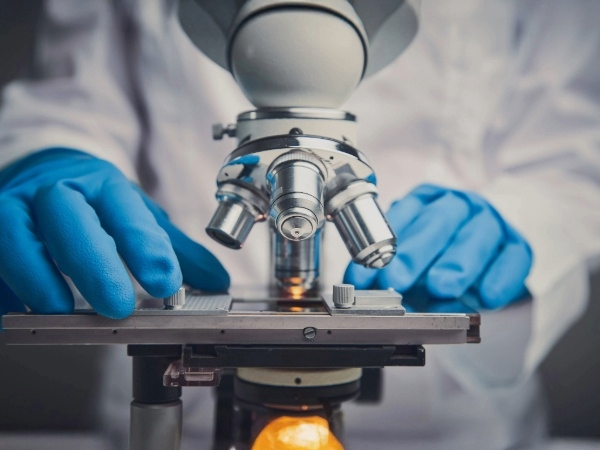
Lei Ye, M.D., Ph.D., associate professor in the Department of Biomedical Engineering, and his lab team have published groundbreaking research that proves specially designed nanovesicles—tiny particles made from human stem cells—can help restore blood flow and repair blood vessels in animal models with blocked circulation in their limbs.
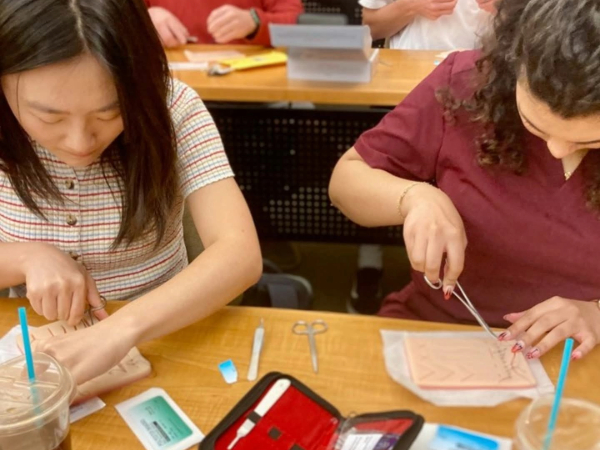
UAB Heersink School of Medicine students can enjoy a week-long celebration of Primary Care Week from October 6-10, 2025. This event-packed week aims to educate physicians-in-training and students across the health spectrum on the pivotal role of primary care in the health care system.
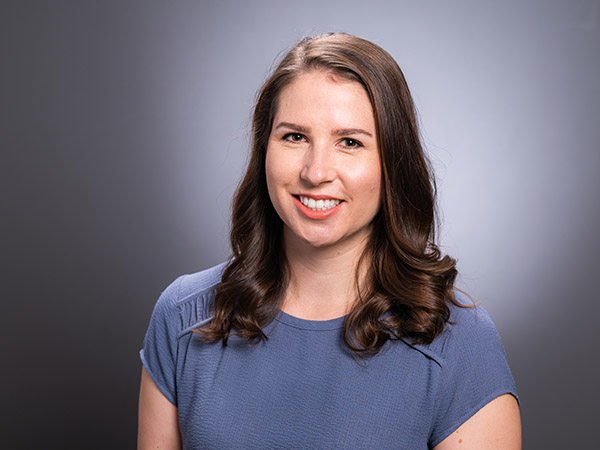
The University of Alabama at Birmingham Department of Physical Medicine & Rehabilitation is pleased to name Elizabeth Twist, M.D. the new assistant program director for the PM&R residency program, effective September 1. She will work closely with Dale Colorado, D.O., program director, and Michelle Turnley, M.D., associate program director, on all aspects of the PM&R residency program.

The UAB Department of Pathology recently funded travel awards to two trainees, Sajal Kumar Halder and Dr. Kenneth Long, who will present their research at national meetings this year.

The 2025 American College of Surgeons Clinical Congress is almost here! As many members of the UAB Department of Surgery begin to pack their suitcases and double-check their conference itineraries for their arrival in Chicago, Illinois, make sure to keep the following event details in mind.
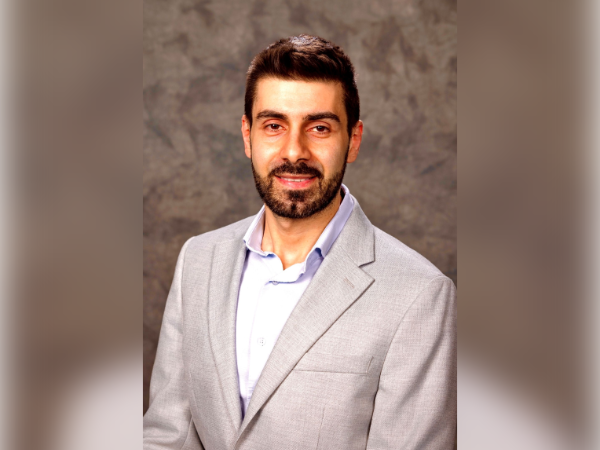
Michel Kmeid, M.D., an assistant professor in the Division of Anatomic Pathology, will serve as medical director of the gross room and frozen section lab, effective October 1.